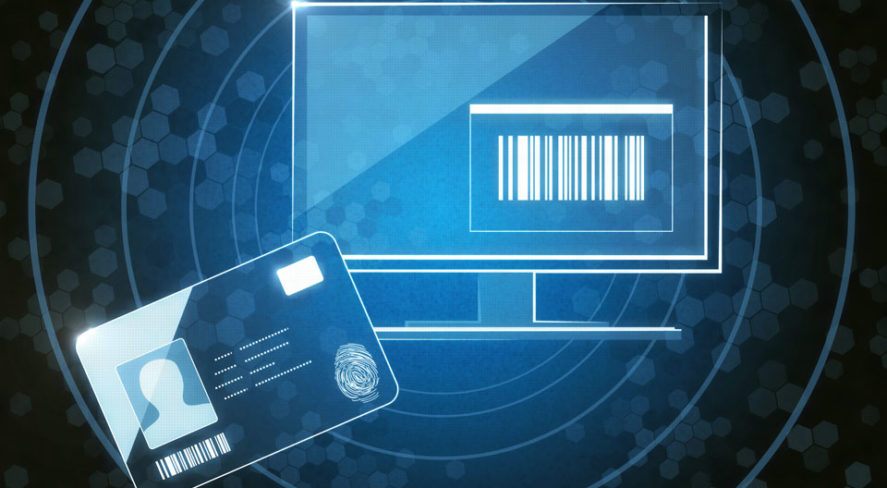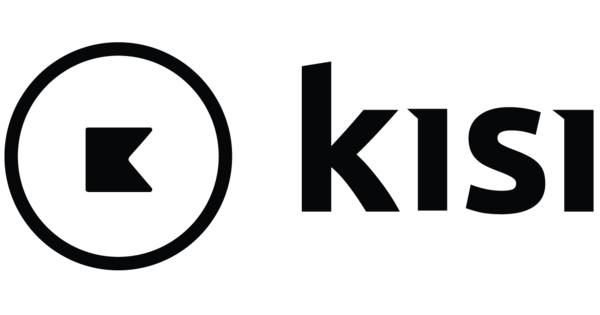Introduction to Cloud-Based Access Systems


As the security industry expands to keep up with modern businesses’ needs, new technology is modernizing and improving access control. While current access control solutions are still satisfactory for many companies, cloud-based access control systems are steadily growing in popularity. Many access control experts are predicting a sharp increase in the number of customers who will request cloud-based systems in the next few years, but why? Isn’t all access control designed the same way?

The differences, while they may seem small, will have huge implications for the security industry in the future. Learning about them now can help businesses transition to these new systems and make the switch even easier for access control companies. Some of the most prominent features to look out for in these new cloud-based systems include:
Convenience for Users
One of the main benefits of cloud-based access control is how quick and easy it is to set up. Overall, these systems are more streamlined, which helps speed up installation, and intuitive, which helps companies adjust and learn them quickly. They also make access control more accessible; if a system is easy enough to use, then anyone in the office can interact with it on a daily basis. No training sessions are necessary. In addition, many companies that offer cloud-based access control also offer free remote tech support, so managers and employees can troubleshoot and update their systems without the need for technicians to be physically present. Finally, customers can use their mobile phones to gain access to a system instead of a physical key card, meaning no more lost or stolen cards that need replacing –yet another added convenience.
Cost-Effectiveness
Over time, cloud-based access control systems have proven to be cheaper for the customer. Many of the features listed above already contribute to lower costs (for example, not having to buy new key cards every so often). Service fees are almost eliminated because the cloud-based system can update itself automatically every time the access control company releases new software, at no extra cost to users. There are no routine maintenance appointments to schedule and pay for. There is also no need to redesign a cloud-based system, even if a company triples in size. These systems are scalable and can be easily adjusted to handle any number of employees without rewiring an entire setup. Not only is this good news for customers, but it’s also great news for integrators. These extra services are no longer necessary, proving that the features in a cloud-based system aren’t just cost-effective – they’re time-effective, too.
Added Security
At first glance, a cloud-based system may not seem more secure than current access control systems. Who guards the data up there? Isn’t it easier to hack? These questions are valid, but cloud-based systems have been proven to store data safely and securely. Instead of on a local server, a company’s data is stored on a secure remote server up in the cloud. Managers and employees can access the database from anywhere via their mobile phones. The data itself is backed up, meaning that if the cloud server were ever to crash, the data would remain safe. This extra layer of security can provide both customers and installers with peace of mind in times of emergency or in a power outage. Additionally, if a security breach does happen, having data in the cloud makes it easier to retrieve. The company can access analytics faster than ever to identify where the breach occurred and how to fix it.
Opportunities for Customization
Cloud-based access control makes customizing your system easier than ever. A business with more than one location can monitor every site from one device using one infrastructure. There’s no need to set up servers in each building or spend time installing more costly hardware. Customers can also personalize their security reports. Many cloud-based systems offer the option to send texts or other alerts when systems detect suspicious activity, such as increased traffic through a certain door. When setting up their systems, companies can install products that mesh well with their specific security goals. For example, if the business prioritizes activity logs and the ability to grant or deny specific individuals access to specific rooms, then the design of their security system can reflect those goals. Companies can also integrate many software solutions that they already use into their systems, which helps further smooth the transition into using cloud-based technology. Many systems also offer the ability to designate different levels of control to different people within an organization. All these options make cloud-based access control easy to customize and simple to use in the workplace.
Assistance in Complying With Regulations
A cloud-based system’s ability to regularly update itself means a business’s security is always modern and state-of-the-art. If a company needs to regularly submit access logs or other data, then having a cloud-based system makes that information easy to find and transmit. Also, automating security processes, like granting or denying access, can help with onboarding and terminating employees. Streamlining the onboarding process means businesses stay compliant. By ensuring the termination process goes smoothly, businesses prevent potential human resource disasters from occurring.
Increased Popularity
Slowly but surely, customers are gravitating toward access control companies that offer these new features in their systems. Cloud-based systems solve problems in the workplace and in the security industry – they can increase collaboration between employees and make it easier for customers to communicate with integrators. Installing and maintaining a cloud-based system requires fewer man hours, which means access control companies can raise their prices, makes the access control market more competitive and creates job security. While the transition can seem awkward at times, shifting to cloud-based systems is proving to be a better idea for businesses and access control companies alike.
Provides Strategic Value
Since cloud-based systems are growing in popularity, businesses can use them as selling points to attract more customers. In addition, the added benefits of storing data in the cloud mean companies can devote more time and energy to other issues, which can give them a competitive edge. Increasing collaboration, saving money and reducing the number of headaches in a day can help businesses stay ahead of the curve and modernize their approach to customers. As cloud-based technologies become more mainstream, it will be easier for integrators to install and fix newer systems because a majority of their clients will already be on the same page.
Conclusion
While cloud-based access control systems can seem complicated and unnecessary, there’s more to them than meets the eye. These systems’ added benefits and capabilities make them a better solution for many businesses that are already using access control systems and signal changes in the way we use technology to secure our data.
Just as our smartphones get smarter, so too does our access control get better. Technology is continuing to advance, and the security industry is no exception. Demand is increasing as more and more businesses switch to cloud-based access control systems. Companies that stick with their old systems risk being left behind by their competitors. And while we can’t predict exactly how these technologies will continue to evolve in the future, for now, we can trust that cloud-based systems will expand to fill most of our modern security needs.
Additional Resources
Interested in learning even more about cloud-based access control systems? Visit these additional articles:
- IBM’s article on cloud capabilities is short, sweet and to the point. It covers many of the advantages discussed here and then some. The article also includes an interview with Rob Sauerwalt, the vice president of Watson & Cloud Platform.
- This SIA piece takes a very in-depth look at cloud-based servers’ impact on the security industry. Complete with detailed analytics, this article is a must-read for anyone looking to start from square one.
- Learn about the benefits of cloud-based access control from someone whose business has thrived while using it. This My Tech Decisions interview with ProdataKey president Jeff Perri outlines exactly why cloud-based options are so popular.
- Another My Tech Decisions article – this time, one that puts cloud-based access control solutions in a broader context. Access control trends largely dictate which direction the industry goes toward. This piece outlines those trends and shows how cloud-based technology has changed them.
